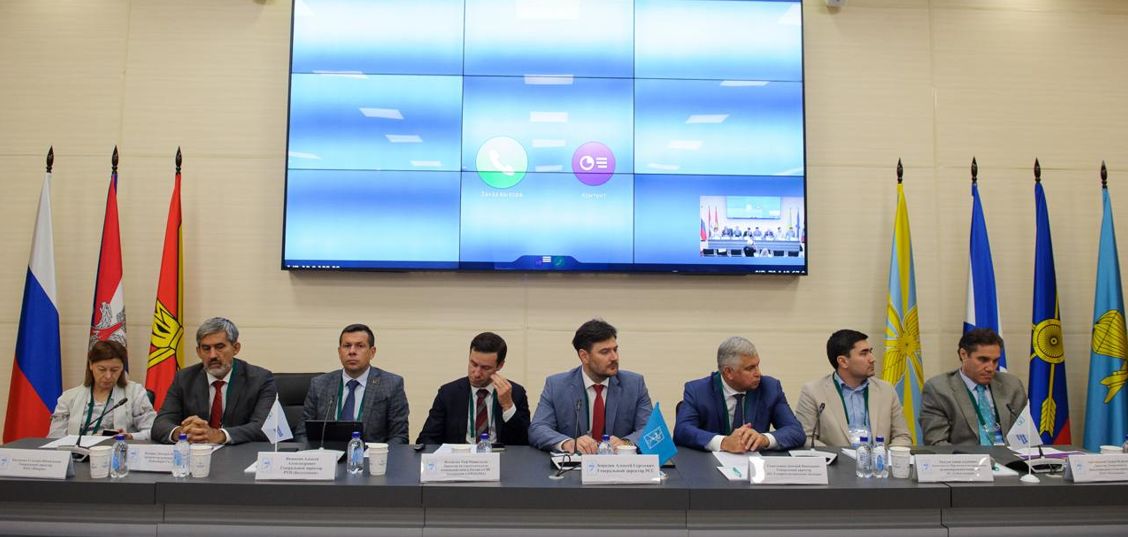
On 18 September 2024, within the framework of the International Technological Congress (17-19 September 2024, ECC Patriot, Kubinka, Russian Federation), the Regional Commonwealth in the Field of Communications organized a panel session ‘Telecom. Challenges and Development Strategies for Bridging the Digital Division’ ahead of the 47th meeting of the RCC Telecommunications and Infocommunications Operators Board.
The panel session discussed the development strategies of telecom operators, international services and projects, as well as issues of international inter-operator cooperation, roaming agreements, issues of mutual settlements, provision and implementation of modern telecom services and their support for users at the international level.
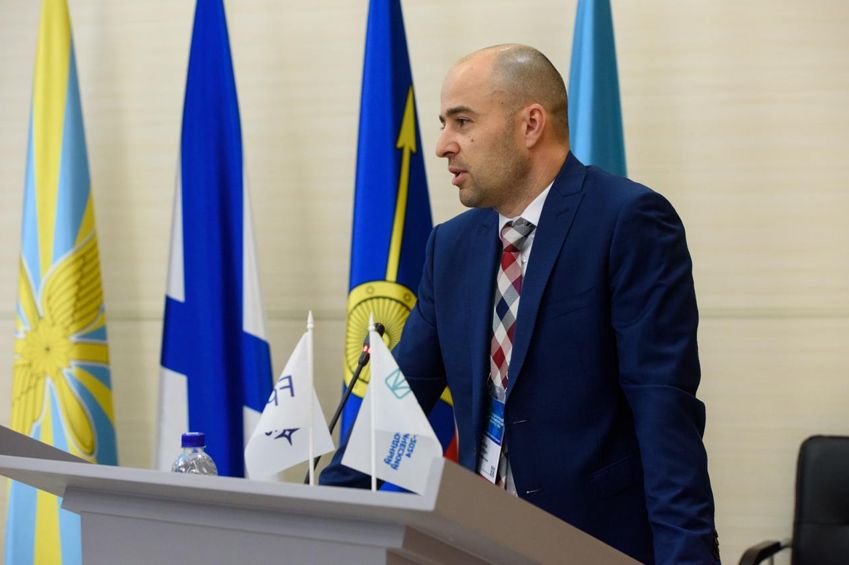
Dmitry Tur, Director of the Department of State Regulation of the Telecommunications Market of the Ministry of Digital Development, Communications and Mass Media of the Russian Federation, addressed the participants of the Panel Session.
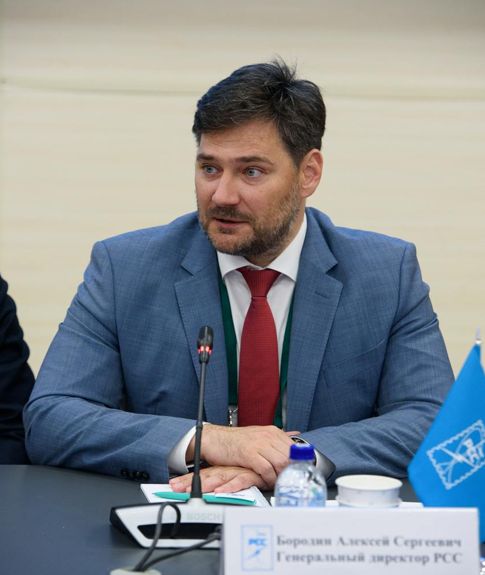
The panel session was moderated by Alexey Borodin, Director General of the Regional Commonwealth in the Field of Communications.
The participants of the discussion were:
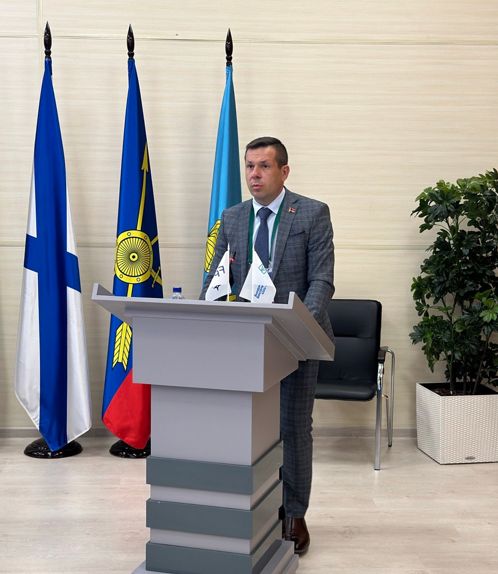
Alexey Ivashkin, Director General of Beltelecom, who presented to the participants of the event the priority areas of Beltelecom's development, noting a number of measures that are applied in the company to attract users and improve the sustainability of business processes.
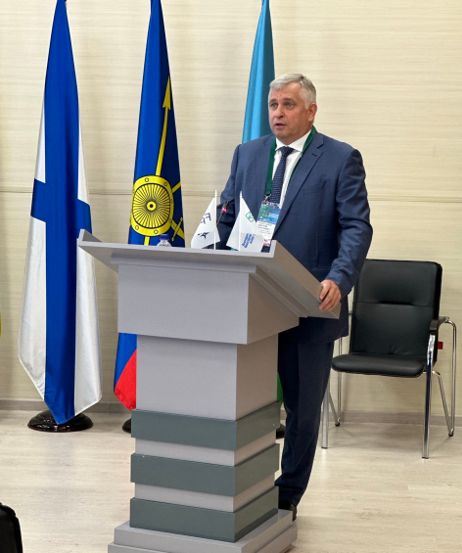
Dmitry Sevastyanov, Director General of "Gazprom Space Systems" and "Gazprom SPKA", spoke about the technologies used and developed by Gazprom, focusing on the development of satellite communications technologies, in particular, the prospects of forming a satellite constellation under the auspices of the company.
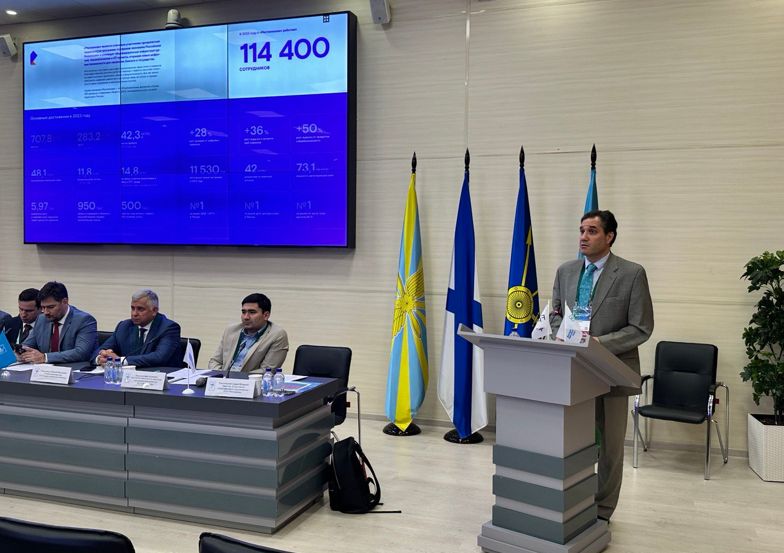
Andrey Khalevinsky, Director of the International Cooperation Department of Rostelecom, presented the achievements of the largest regional telecom operator in terms of digital transformation of the company, expansion of its service line and clustering of its operations.
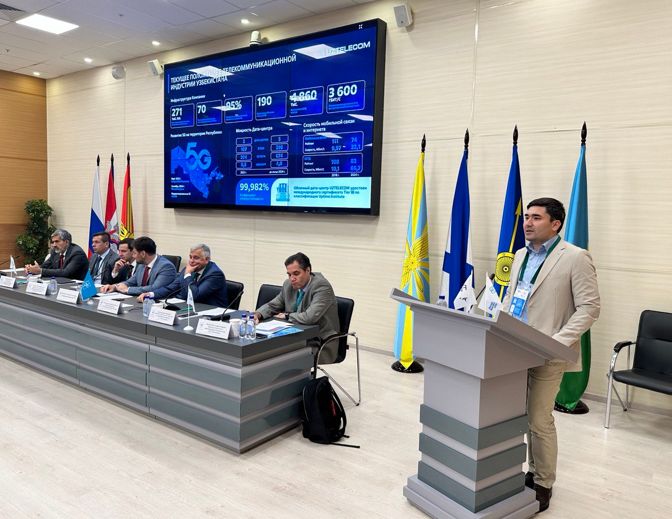
Anvar Rasulov, Deputy Chairman of the Board on commercial issues of Uzbektelecom presented the strategies of development of telecom operators and their international cooperation in the territory of the Republic of Uzbekistan, highlighting the effective formats of such cooperation for the country.
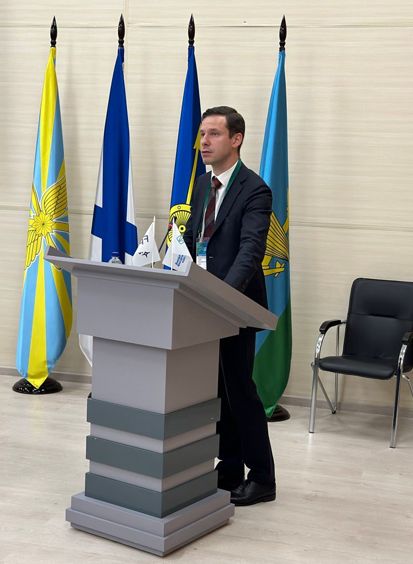
Tair Ismailov, Director for Strategic Engagement in Russia and CIS of the GSM Association (GSMA), presented the key trends in the development of the international roaming market, highlighting also some of the difficulties faced by operators in this regard against the background of the introduction of new generation networks.
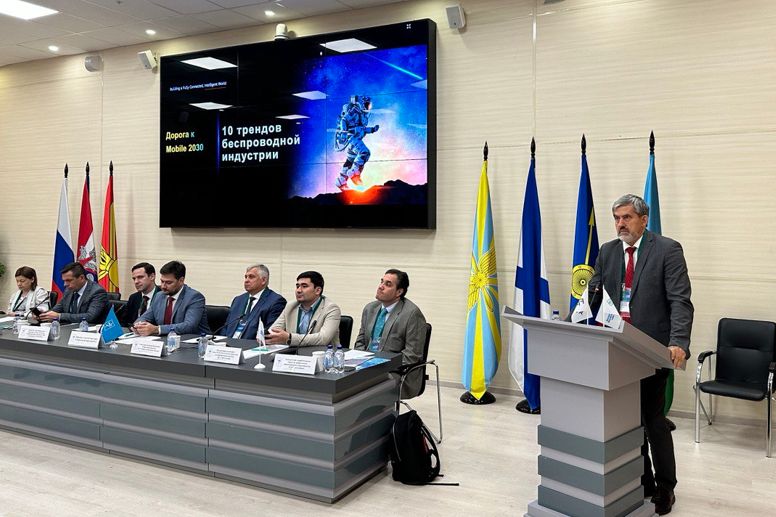
Dmitry Konarev, Solution Architect of Huawei Technologies Co., Ltd., in his speech spoke about what awaits the wireless communications industry in the near future.
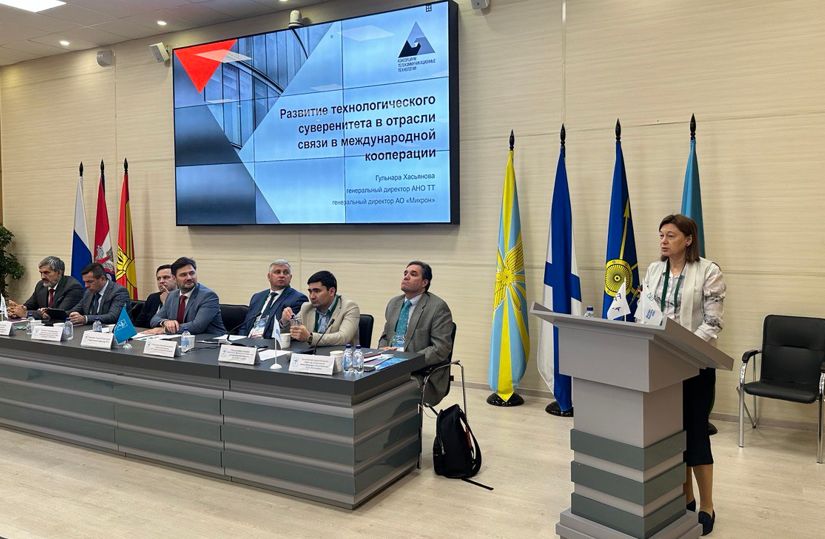
Gulnara Khasyanova, Director General of Mikron and the autonomous non-profit organisation for assistance in the development of digital infrastructure ‘Telecommunications Technologies Consortium’ told the session participants about the key elements of the development of technological sovereignty in the communications industry while maintaining international cooperation.
The session was also remotely attended by Dmitry Tartyshny, Head of Information Security Service of Kazakhtelecom, who presented information on methods of combating frod in economic, anti-terrorist and banking spheres in Kazakhstan, as well as Dmitry Vetlugin, OneWeb, Market Access Advisor of Eutelsat Group in the region of Central Asia, Turkey, Caucasus, who told the session participants about how NGSO systems can meet the needs for connectivity in the era of the fourth industrial revolution.
The session resulted in its general conclusions, which were then presented at the 47th meeting of the RCC Telecommunication and Infocommunication Operators Board, which followed the session.
For example, telecom operators are seeking to expand their services in order to adapt to changing conditions, in particular by acting as aggregators of services in order to retain and expand their audience, as well as to increase their own profits and maintain business sustainability. Opening their own marketplaces, which offer both physical and digital products, are becoming productive measures. Telecom operators are striving to move away from the role of an operator as such, but are becoming digital companies, creating digital clusters, offering, in addition to telecom services, digital services such as smart solutions, telemedicine, VPN services, data centre development, development of cybersecurity solutions, and others.
At the same time, operators are actively and effectively introducing new and emerging technologies, such as AI, into their services, relying in their business processes on automation, forecasting, in-depth analysis of technical resources and system analysis of human potential, a developed and timely feedback system for the most efficient service delivery.
In addition, there is a clear trend towards the development of proprietary technologies at national levels in the most advanced communications industries, including satellite communications, with a tendency towards the development of public-private partnerships aimed at strengthening national segments of the industry and increasing their competitiveness and independence at the global level. In this way, technological sovereignties are being built while maintaining global co-operation. The proposed formats of interaction to ensure technological sovereignty included: 1) information interaction, 2) joint development and production of telecommunication equipment, 3) joint development and production of electronic component base, 4) training.
In parallel with strengthening their own capacities at the national level, operators seek to enter international markets and build effective mutually beneficial partnerships in them. In addition, telecom operators seek to form consortia and alliances.
In terms of trends in the international roaming market, of course, the focus of attention is on the actively implemented 5/6G communication services - about a quarter of users use 5G - and the transition to new generations of communication in general: in the framework of the development of inter-operator agreements, the central issue remains the preservation of the quality of communication services when a service consumer is roaming, and seamless provision of communication services for the consumer. At the same time, there is a tendency to expand the practice of cancellation of roaming between neighbouring territories on the basis of common socio-economic conditions.
An important aspect of operators' activities today is the fight against frod on communication networks. At the same time, due to the cross-border nature of the problem, operators need close cooperation and collaboration, harmonisation of approaches to improve the effectiveness of anti-fraud measures.
Trends in the mobile communications industry include:
1 - Increasing speeds for physical-digital integration - enhanced real-time interactive experiences across physical and digital worlds,
2 - Development of the Internet of Things - continuously improving capabilities and expanding scenarios,
3 - Satellite-to-Earth Interaction for 3D coverage - ultra-wide space-to-air-to-ground connectivity and cellular-based satellite communications,
4 - Sensor integration and communication for digital twin - creating a quasi-reality,
5 - Intelligence in every industry and in all connections,
6 - Fully functional eco-friendly networks with a complete lifecycle,
7 - Spectrum efficiency up to 100 GHz,
8 - Generalised multi-antenna solution to reduce cost per bit,
9 - Security as a cornerstone of the digital future,
10 - Mobile Computing Network for Device and Cloud Collaboration (MCN).















